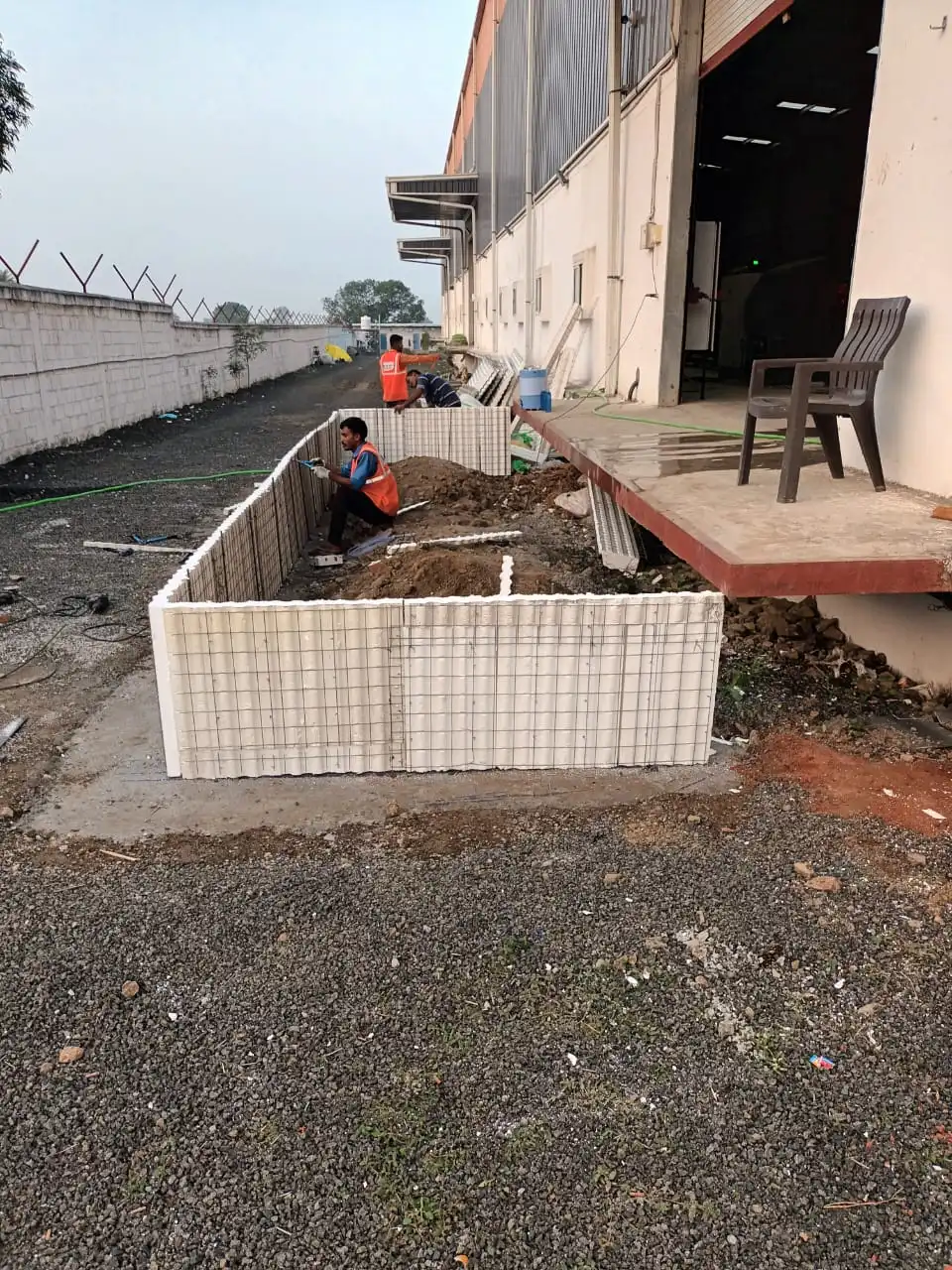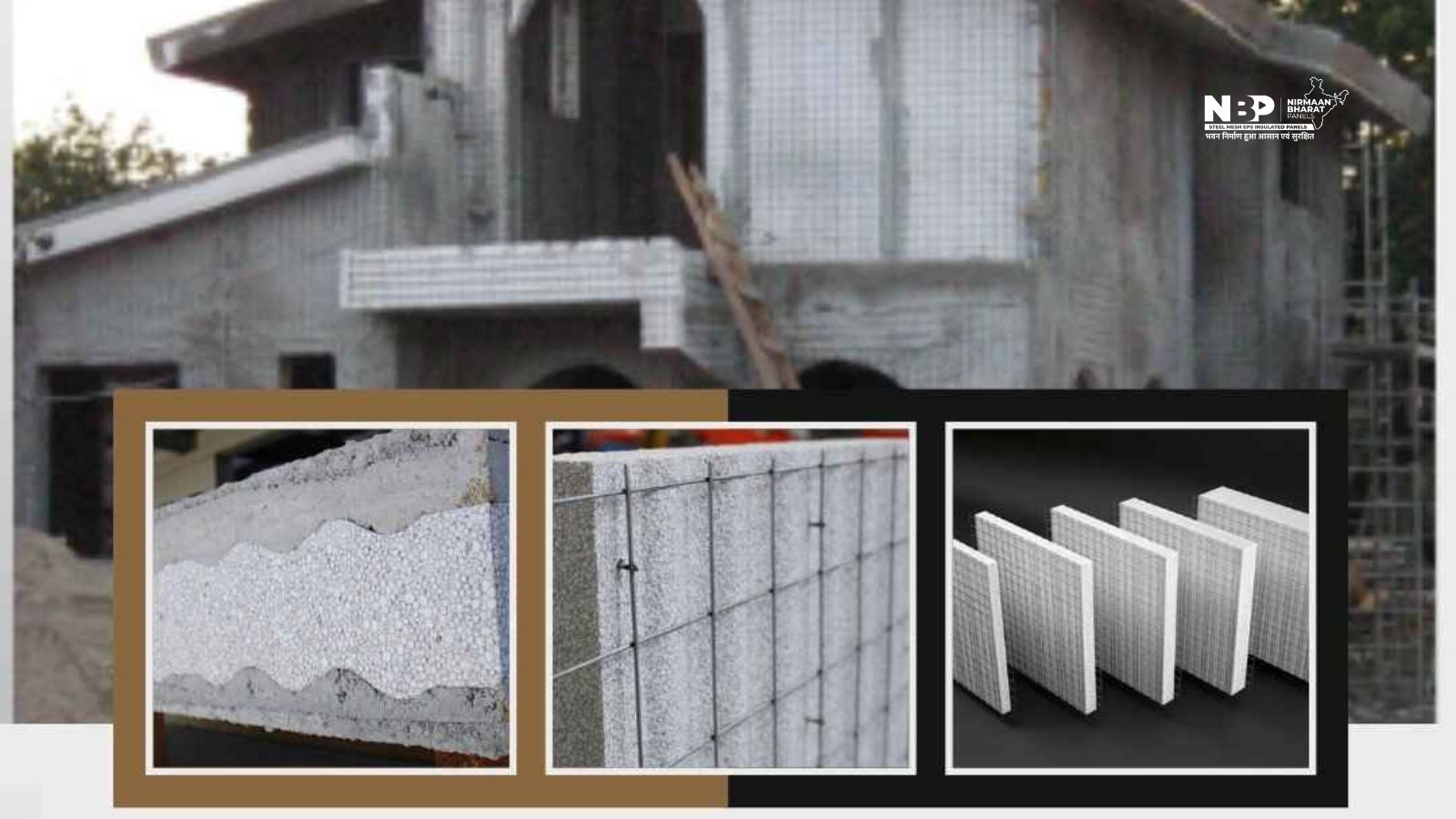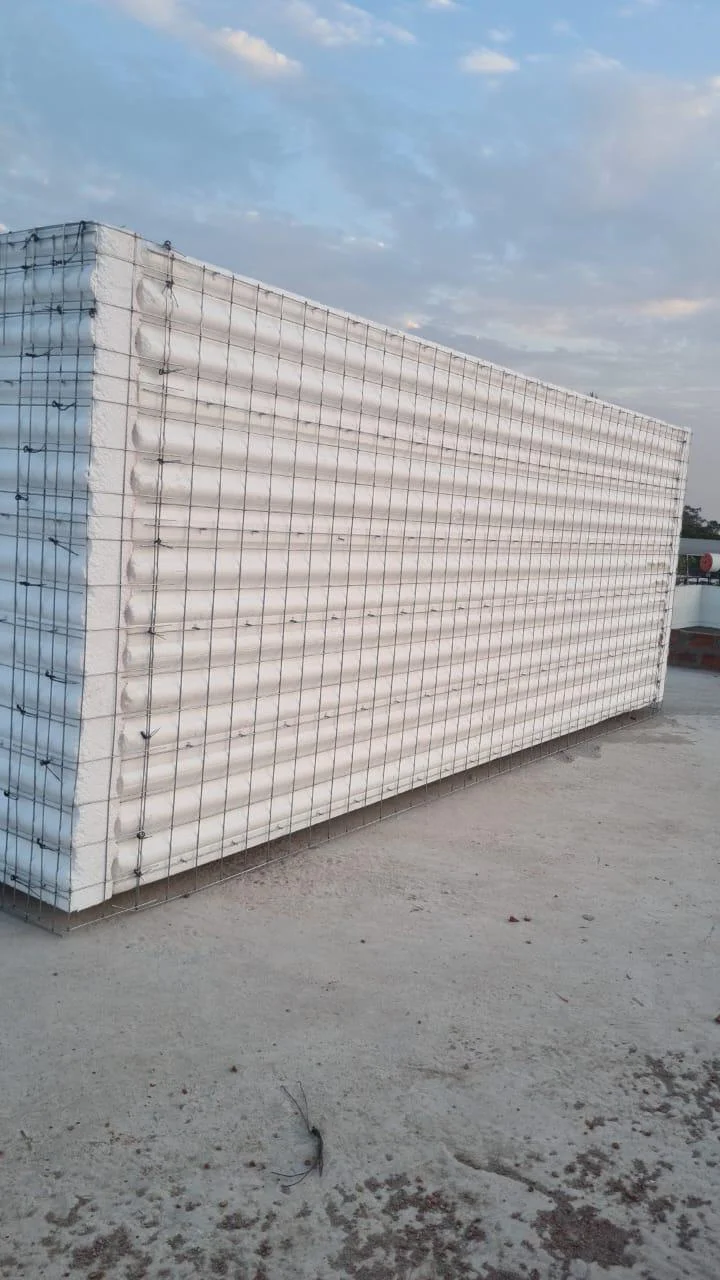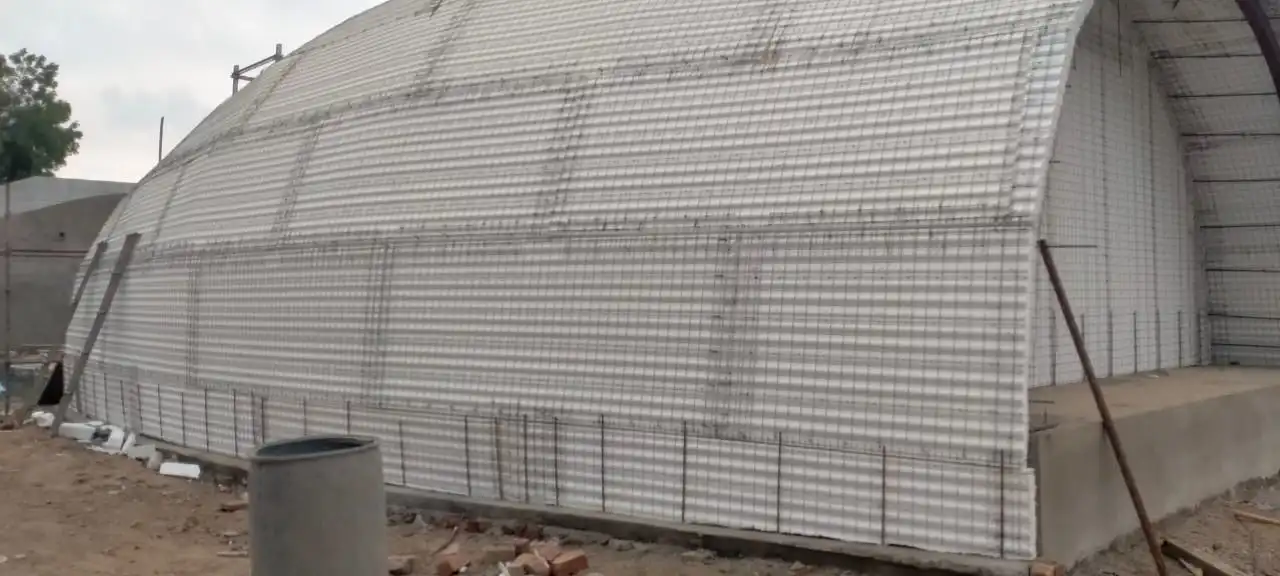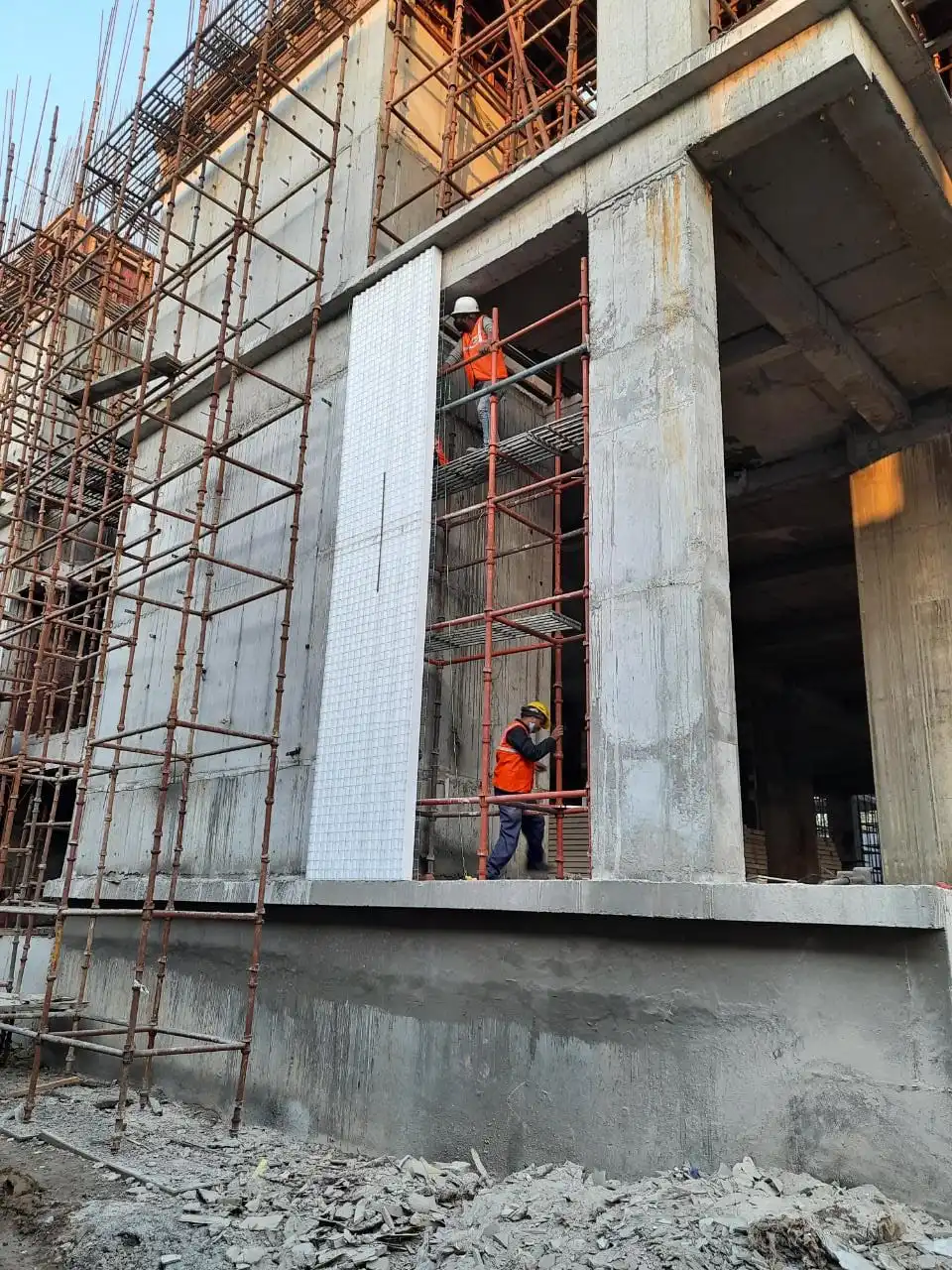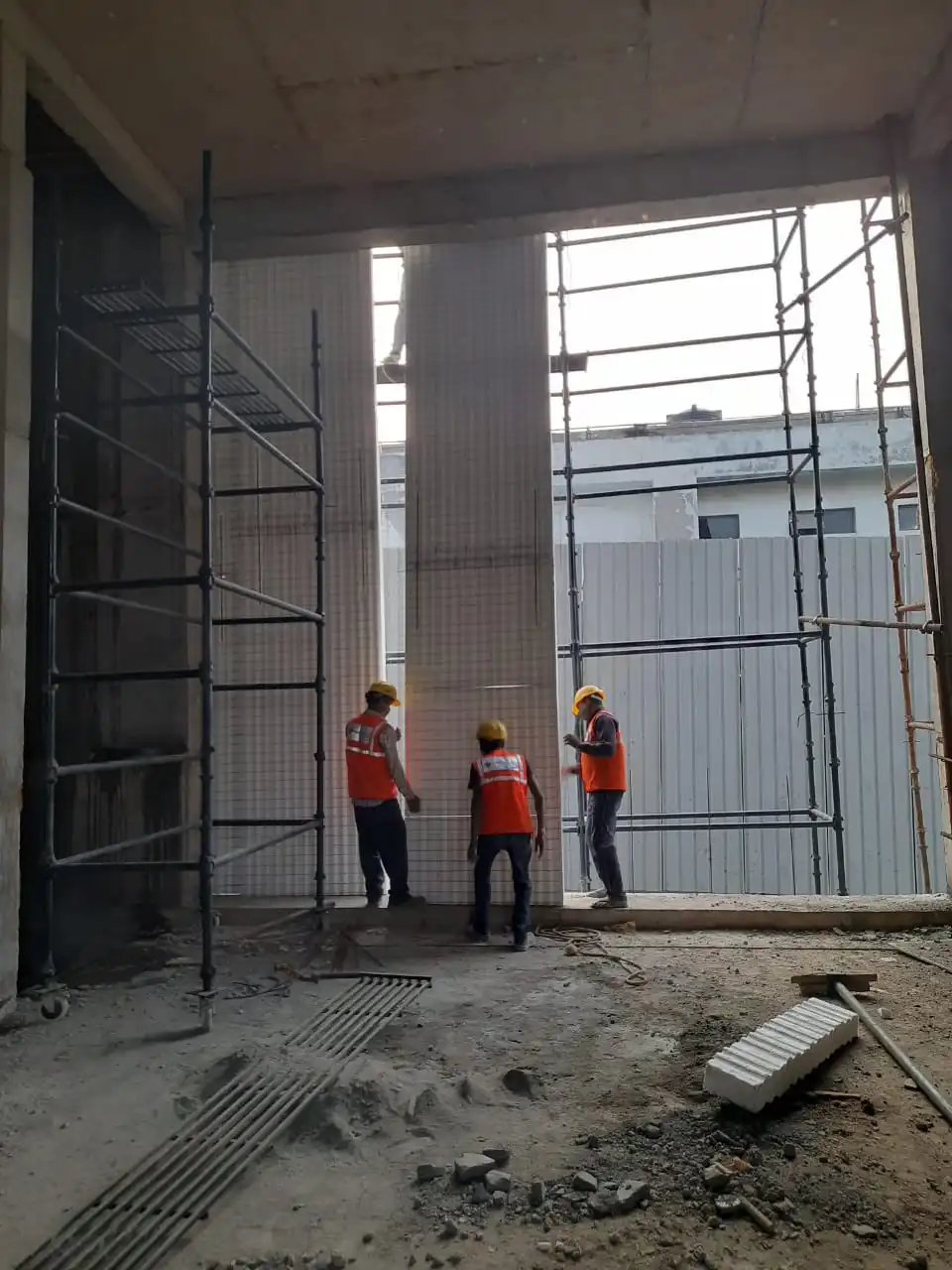Are you looking to make environmentally conscious choices in your construction projects? Reinforced EPS panels offer a sustainable solution. Let’s delve into the environmental benefits of utilizing these panels from a reputable reinforced EPS panels manufacturing company.
When considering construction materials, environmental impact should be a top priority. Reinforced EPS panels provide a sustainable alternative that aligns with eco-friendly practices. Let’s explore why.
Reinforced EPS panels are crafted from expanded polystyrene, a material that can be recycled and reused. By opting for panels from a leading manufacturing company, you ensure the use of high-quality, eco-friendly materials in your projects. This not only reduces waste but also promotes resource efficiency.
Choosing reinforced EPS panels from a reputable manufacturing company signifies your commitment to environmental stewardship. These panels boast excellent insulation properties, reducing energy consumption and lowering carbon emissions. Moreover, their lightweight nature minimizes transportation-related emissions during delivery to the construction site.
By partnering with a leading reinforced EPS panels manufacturing company, you actively contribute to environmental preservation. You support sustainable practices in construction and pave the way for a greener future. Make the conscious choice today for a better tomorrow.
Table of Contents
ToggleThe Environmental Benefits of Using Reinforced EPS Panels
In today’s world, environmental sustainability is paramount. Construction projects, in particular, have a significant impact on the environment. However, by opting for reinforced EPS panels from a reputable manufacturing company, you can mitigate this impact while enjoying several environmental benefits:
1. Reduced Carbon Footprint
Reinforced EPS panels are lightweight, making them easier to transport to construction sites. This reduces fuel consumption and associated carbon emissions, contributing to a lower carbon footprint compared to heavier construction materials.
2. Energy Efficiency
One of the standout features of reinforced EPS panels is their exceptional insulation properties. These panels help maintain stable indoor temperatures, reducing the need for heating and cooling systems. As a result, energy consumption and greenhouse gas emissions are significantly reduced.
3. Sustainable Material Use
Reinforced EPS panels are made from expanded polystyrene, a recyclable material. By choosing panels from a leading manufacturing company, you support the use of sustainable materials in construction. Additionally, EPS panels can be reused in future projects, further extending their environmental benefits.
4. Waste Reduction
Compared to traditional construction materials, reinforced EPS panels generate less waste during manufacturing and installation. This minimizes the amount of material sent to landfills, contributing to a more sustainable waste management system.
5. Preservation of Natural Resources
The production of reinforced EPS panels requires fewer natural resources compared to other construction materials. By utilizing EPS panels from a reputable manufacturing company, you help conserve valuable resources such as timber and minerals.
6. Long-Term Environmental Impact
Investing in reinforced EPS panels from a leading manufacturing company has long-term environmental benefits. These panels contribute to the energy efficiency of buildings, reducing reliance on fossil fuels and mitigating climate change impacts over time.
7. Compliance with Green Building Standards
Many green building certification programs recognize the environmental benefits of using reinforced EPS panels. By incorporating these panels into your construction projects, you increase your chances of meeting sustainability criteria and obtaining certifications such as LEED or Green Star.
Conclusion
In conclusion, the environmental benefits of using reinforced EPS panels from a leading manufacturing company are undeniable. From reducing carbon emissions and energy consumption to promoting sustainable material use and waste reduction, these panels offer a holistic solution for environmentally conscious construction projects. By making the switch to EPS panels, you not only contribute to a greener planet but also set a positive example for the construction industry as a whole.
FAQ’s
Q1 – What are reinforced EPS panels, and how are they environmentally friendly?
Answer – Reinforced EPS panels are construction materials made from expanded polystyrene, known for their insulation properties. They are eco-friendly because they are lightweight, recyclable, and contribute to energy efficiency in buildings.
Q2 – How do reinforced EPS panels help reduce carbon emissions?
Answer – Reinforced EPS panels are lightweight, reducing the need for heavy machinery and transportation during installation. This results in lower fuel consumption and carbon emissions, making them environmentally preferable.
Q3 – Can reinforced EPS panels be recycled?
Answer – Yes, reinforced EPS panels are recyclable. At the end of their life cycle, they can be recycled into new products, minimizing waste and conserving natural resources.
Q4 – Do reinforced EPS panels meet green building standards?
Answer – Yes, many green building certification programs recognize the environmental benefits of using reinforced EPS panels. Incorporating these panels into construction projects can help achieve sustainability certifications like LEED or Green Star.
Q5 – How do reinforced EPS panels contribute to energy efficiency?
Answer – Reinforced EPS panels provide excellent insulation, reducing heat transfer and maintaining stable indoor temperatures. This results in lower energy consumption for heating and cooling, leading to energy efficiency in buildings.
Also Read – Planning Your Budget: Estimating EPS Panel Costs for Projects in India


